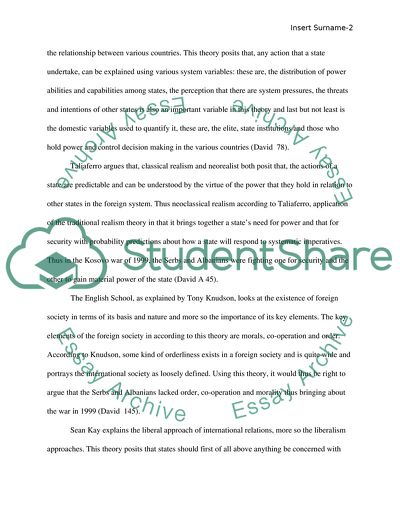Cite this document
(Kosovo War 1999 and International Relations Case Study, n.d.)
Kosovo War 1999 and International Relations Case Study. Retrieved from https://studentshare.org/history/1788881-case-study-discussed-in-sterling-folker
Kosovo War 1999 and International Relations Case Study. Retrieved from https://studentshare.org/history/1788881-case-study-discussed-in-sterling-folker
(Kosovo War 1999 and International Relations Case Study)
Kosovo War 1999 and International Relations Case Study. https://studentshare.org/history/1788881-case-study-discussed-in-sterling-folker.
Kosovo War 1999 and International Relations Case Study. https://studentshare.org/history/1788881-case-study-discussed-in-sterling-folker.
“Kosovo War 1999 and International Relations Case Study”, n.d. https://studentshare.org/history/1788881-case-study-discussed-in-sterling-folker.


